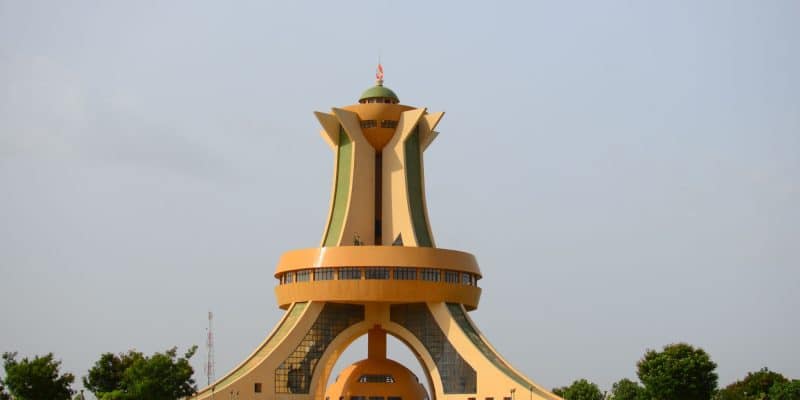On January 19, 2024, Burkina Faso officially confirmed its intention to join the Convention on the Protection and Use of Transboundary Watercourses and International Lakes, more commonly known as the Water Convention. This forthcoming accession will enable the West African country to improve the management of its shared water resources, against a backdrop of increasing climate change.
Burkina Faso is experiencing a rapid increase in demand for water, due to a population of around 22.1 million, with an annual demographic growth rate of 3%. Added to this are factors such as the current security threats in the Sahel, the effects of climate change, urbanization, increasing industrialization and the intensification of irrigated agriculture, all of which pose ever-greater challenges to the sustainable management of the country’s shared water resources.
It is to meet these challenges, through improved management of shared water resources, that Burkina Faso wishes to join the Convention on the Protection and Use of Transboundary Watercourses and International Lakes (Water Convention). Adopted in Helsinki on March 17, 1992, this is the only international framework agreement in force on transboundary freshwater. It aims to protect water resources and guarantee their quantity, quality and sustainable use, by facilitating and promoting cooperation.
Burkina Faso’s accession to the Water Convention
Burkina Faso has expressed its willingness to join this international organization, through Roger Baro, Burkina Faso’s Minister of the Environment, Water and Sanitation. This was on January 19, 2024 in the capital Ouagadougou, during a national workshop organized with the financial support of the European Union (EU) through the project “Promoting accession to the Water Convention”, which aims to strengthen transboundary cooperation on water, and the sustainable and peaceful management of shared water resources. Roger Baro guaranteed that he and his colleague, the Burkina Faso Minister of Foreign Affairs, would take the necessary steps for the adoption of Burkina Faso’s accession instruments.
Read also-BURKINA FASO: €43m from the AfDB for climate-resilient water and sanitation
Accession to the Water Convention will enable Burkina Faso to consolidate the cooperation frameworks in which it is already engaged with its neighbors. These are the Convention of the Volta Basin Authority (VBA), the Convention of the Niger Basin Authority (NBA) and the Convention of the Comoé-Bia-Tanoe Basin Authority.
This new membership will bring the number of African countries that are members of the Water Convention to ten. Burkina Faso will join Chad, Senegal, Ghana, Guinea-Bissau, Togo, Cameroon, Nigeria, Namibia and Gambia.
Boris Ngounou







